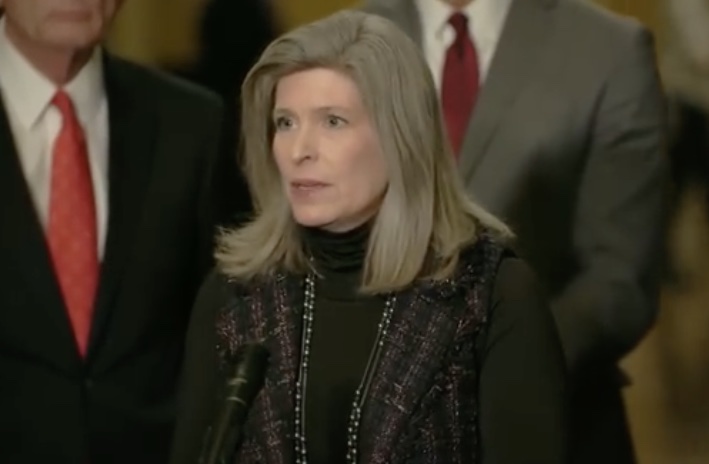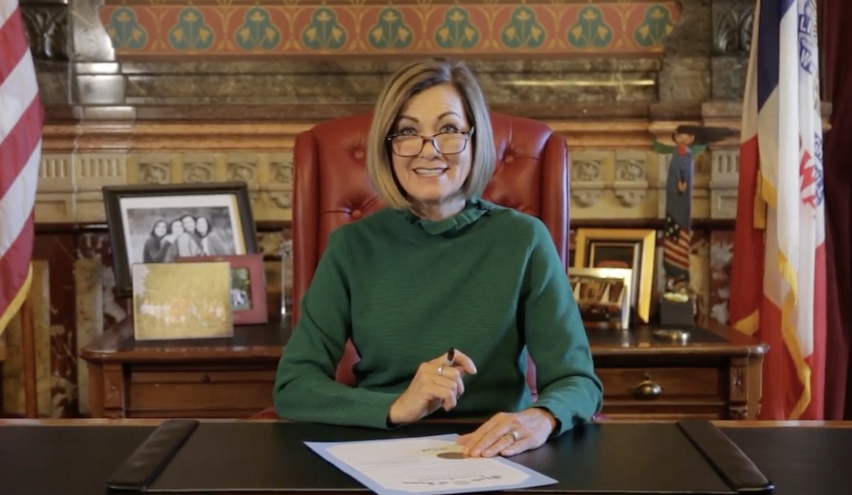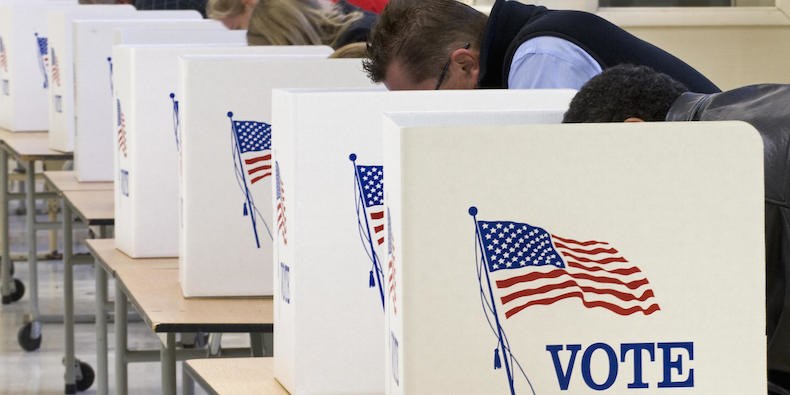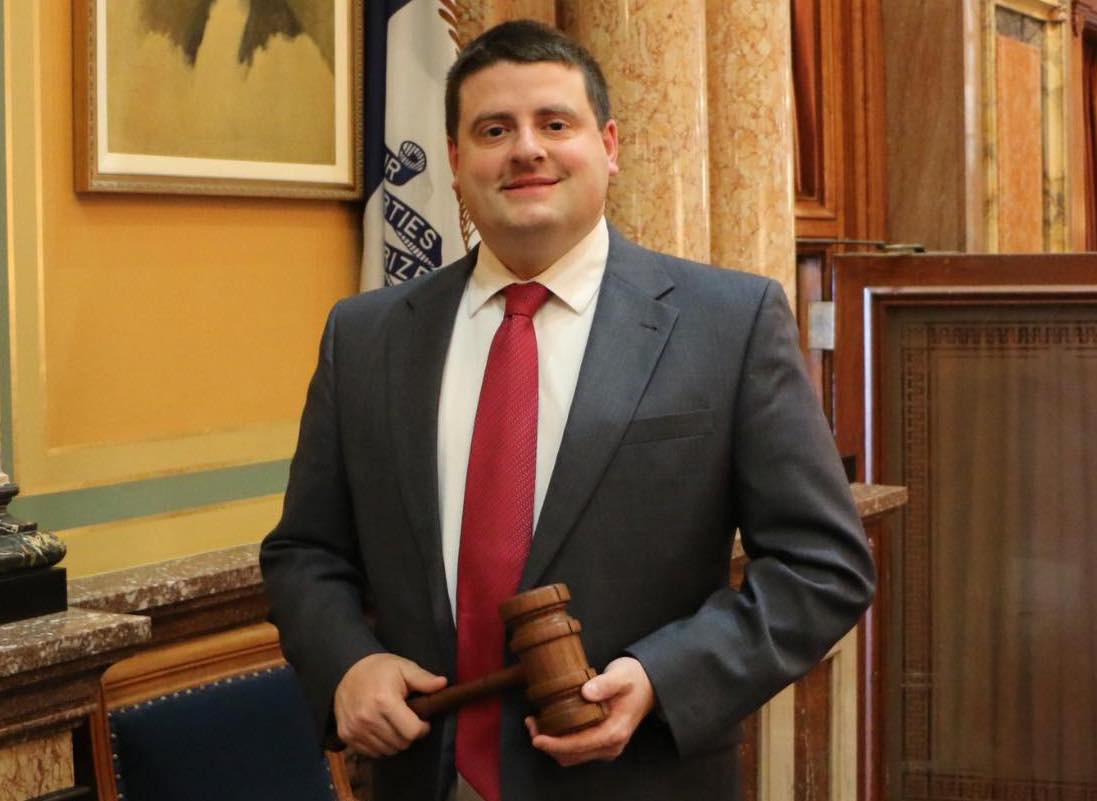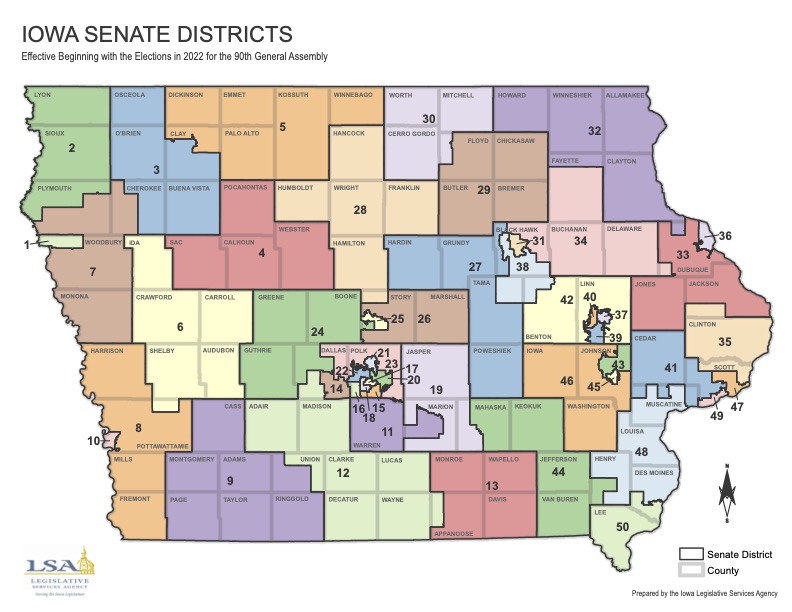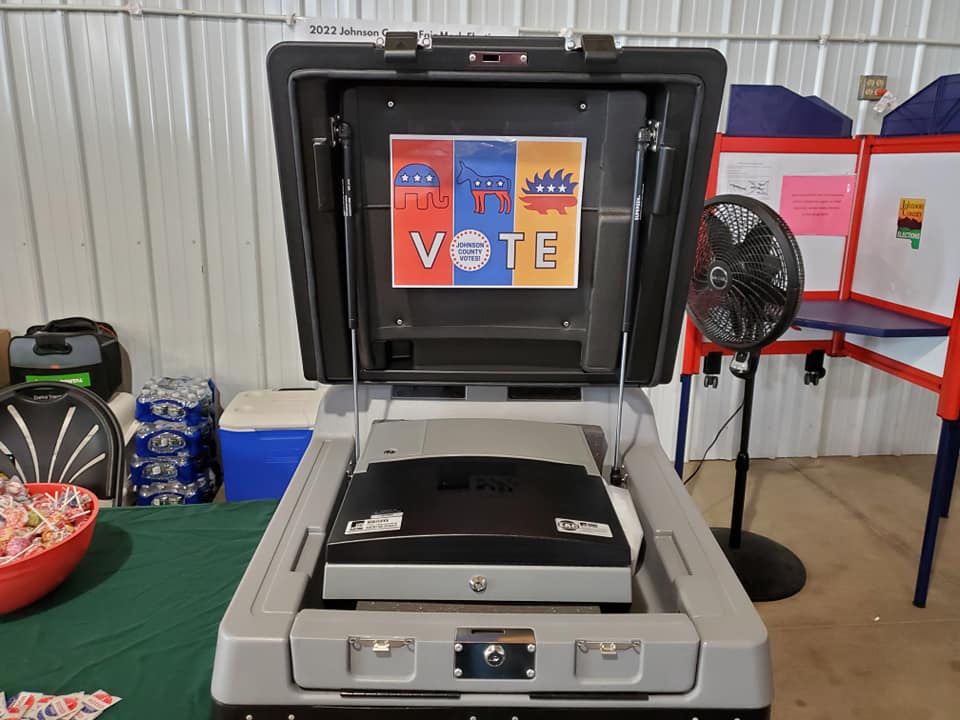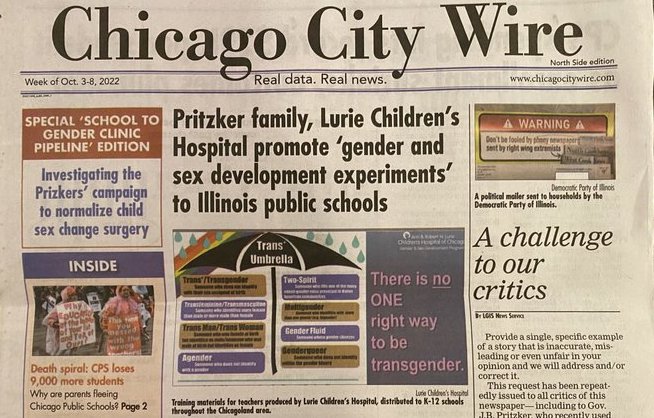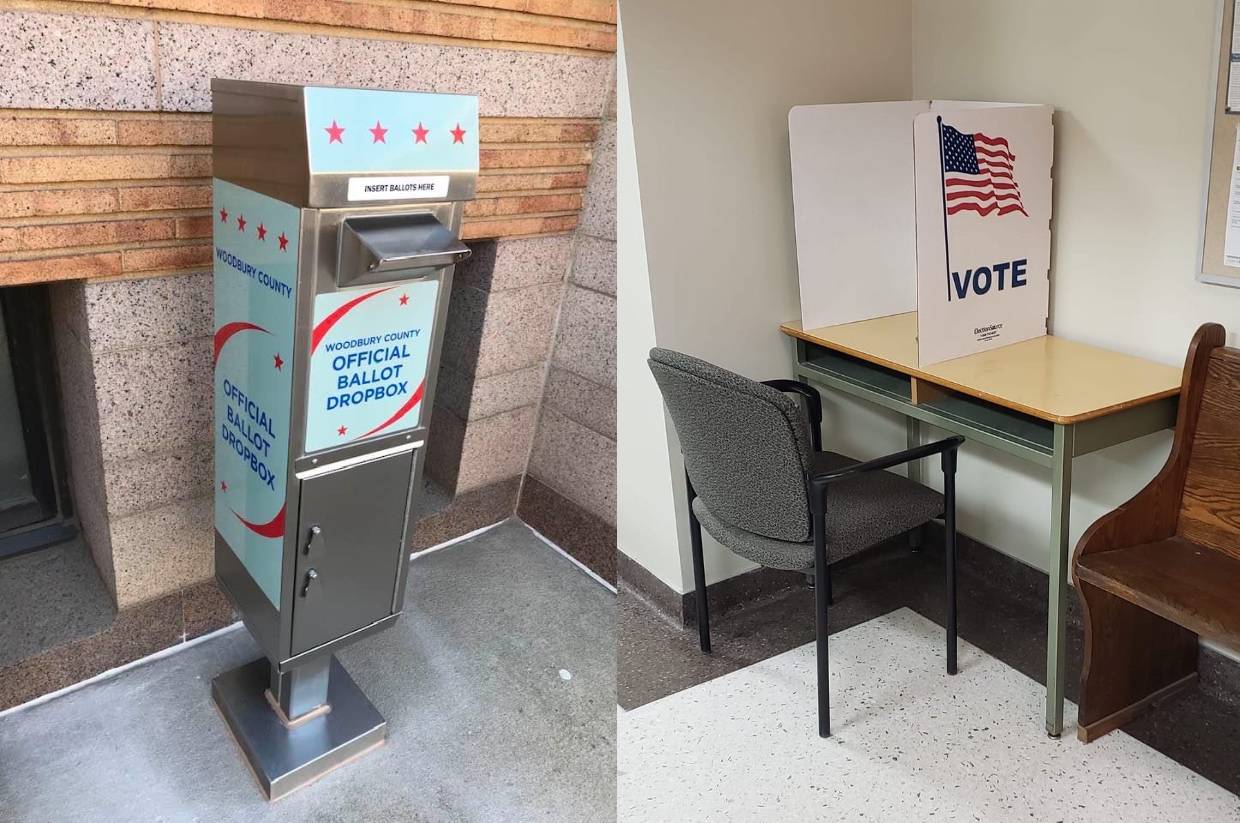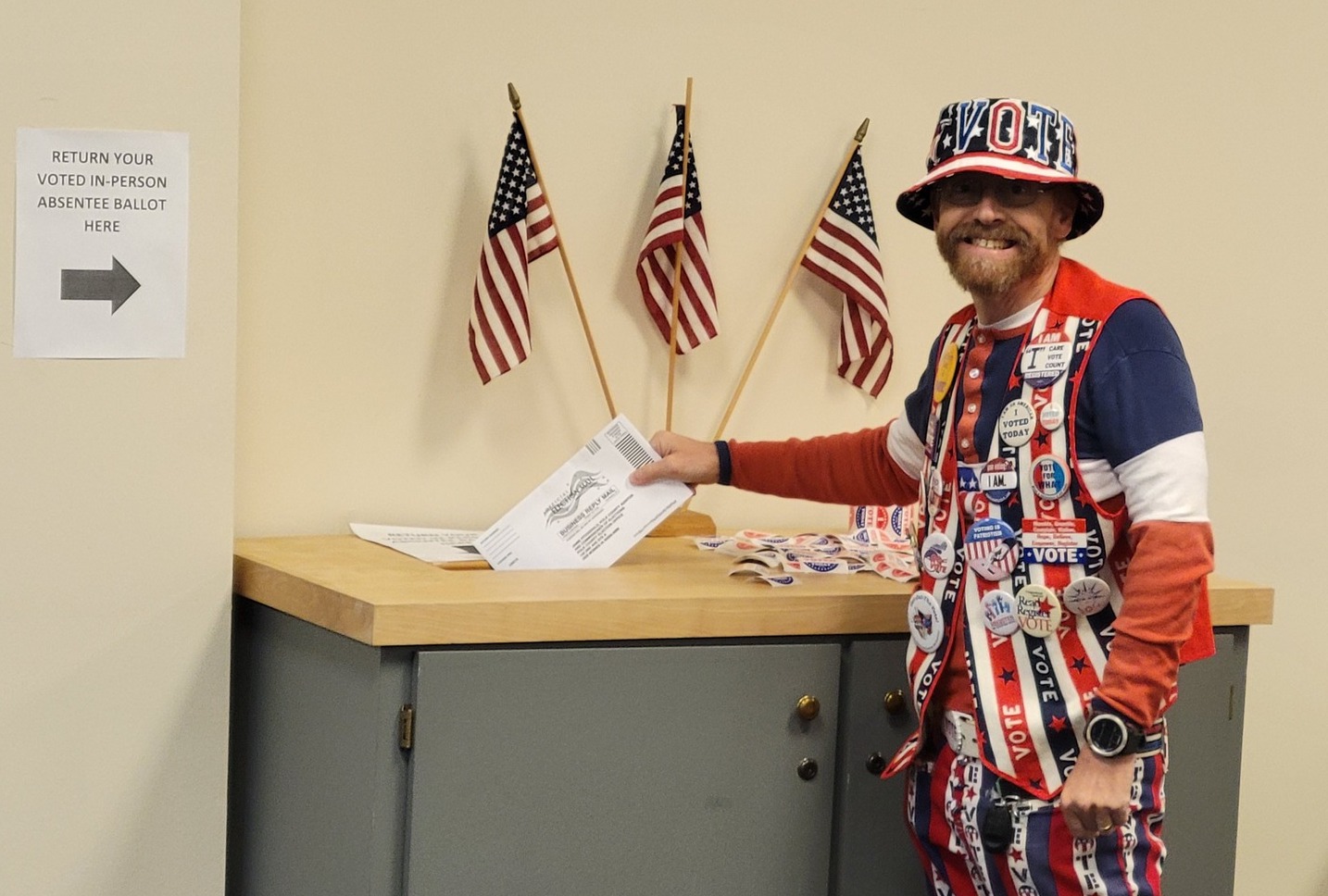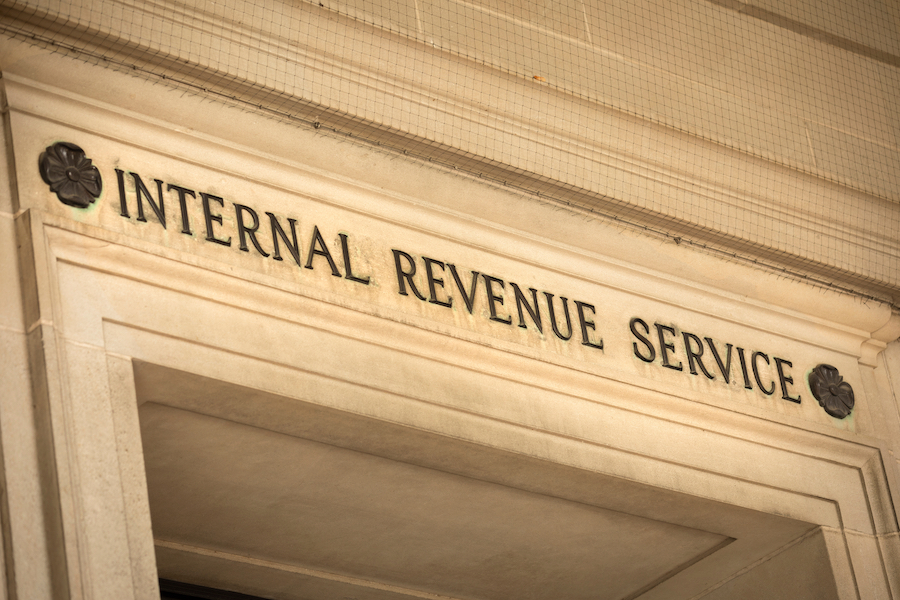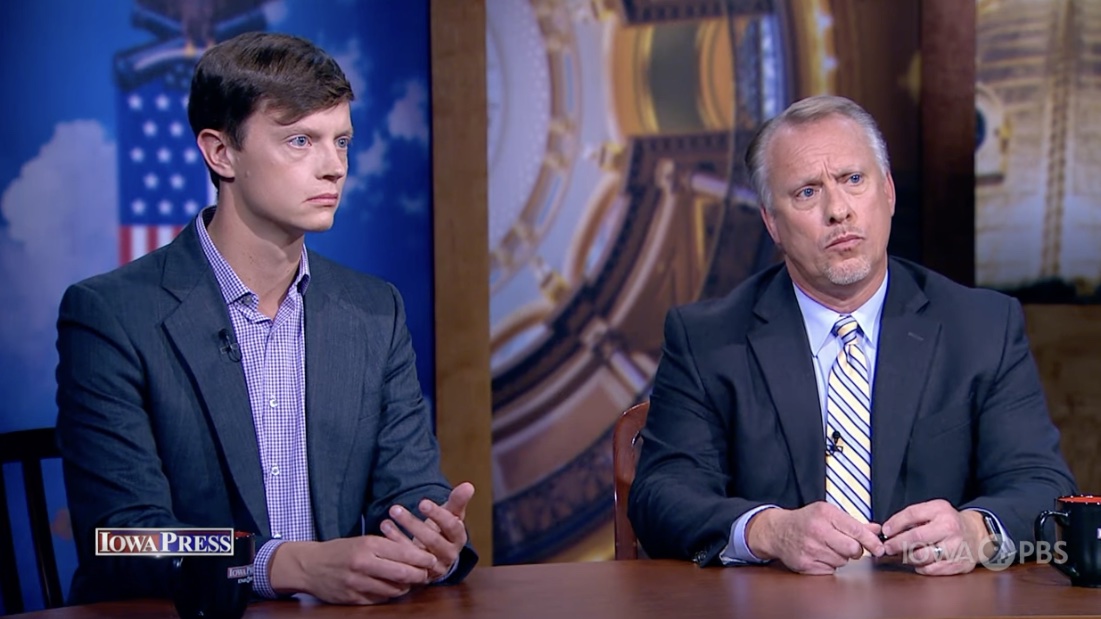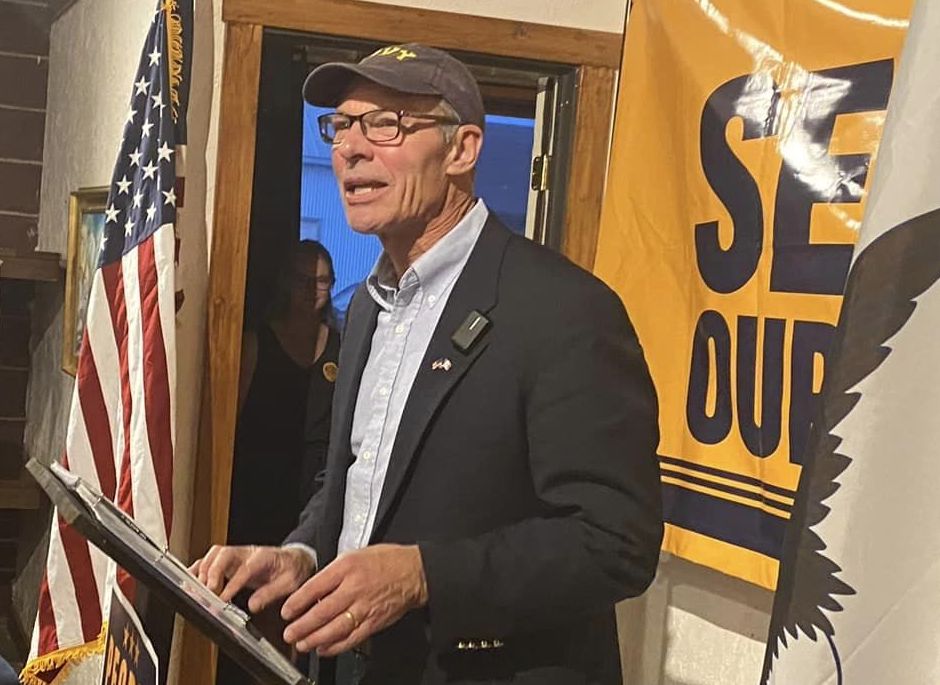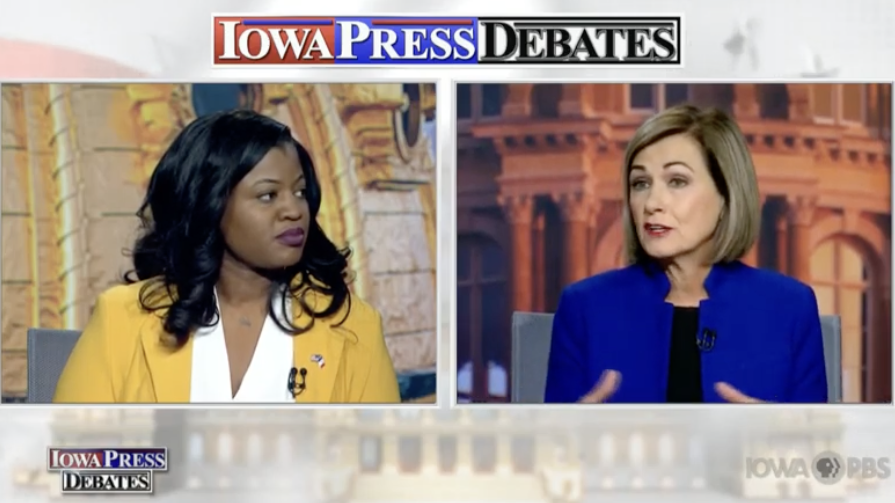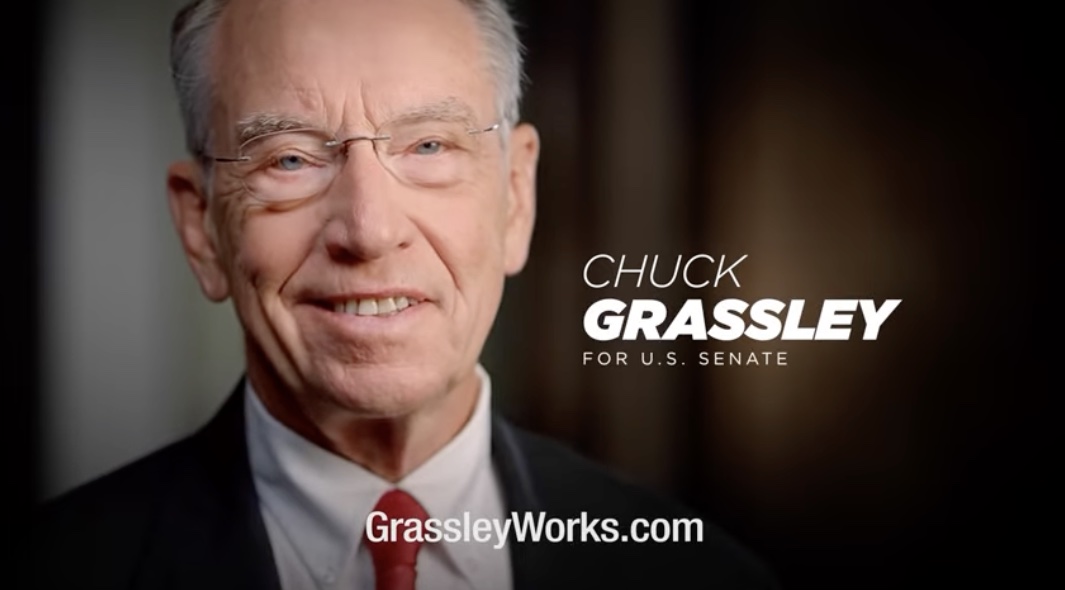Governor Kim Reynolds has picked Taryn Frideres to be her next chief of staff, the governor’s office announced on November 15. Frideres has been the governor’s chief operating officer since early 2021.
Sara Craig Gongol, whom Reynolds tapped to be chief of staff in December 2018, is leaving the office to serve as the Republican Governors Association’s next executive director, Politico was first to report today.
According to the governor’s office news release, Frideres served as U.S. Senator Joni Ernst’s general counsel before holding several positions within the State Department, culminating as deputy to the U.S. Ambassador to the United Nations during the Trump administration. In that role, Frideres headed the ambassador’s Washington office and served “as a liaison to the White House, State Department, and Congress.”
Frideres will be the fourth woman chief of staff for an Iowa governor. Gretchen Tegeler was the first woman to hold that job during the first Terry Branstad administration, followed by Cynthia Eisenhauer, who was chief of staff for the last two years Tom Vilsack was governor, and Craig Gongol.
Salary records that Bleeding Heartland obtained through public records requests indicate that Craig Gongol and Frideres have been among several governor’s office staffers who are paid more than Reynolds herself. (State law caps the governor’s salary at $130,000 per year.) As chief operating officer, Frideres earned $163,176 in base pay during fiscal year 2022, and Craig Gongol earned $168,792 during the same period. Both received small raises at the beginning of the current fiscal year in July.
UPDATE: The governor’s office announced on November 21 that Jacob Nicholson will be the governor’s new chief operating officer, effective December 1. From the news release:
Jacob has worked for the State of Iowa’s Department of Homeland Security and Emergency Management since 2008.
“I am excited for Jacob to join our team. I’ve worked closely with him over the last several years while he’s led the charge on many of our state’s major crisis incidents. He’s proven himself as a strong leader during our state’s most challenging times, and I know his depth of knowledge and experience will make him a great asset to the people of Iowa as my Chief Operating Officer.”
“I am honored to serve as the Governor’s Chief Operating Officer and put to work my skills and experience to greatly benefit Iowans,” said Nicholson. “Throughout my time at HSEMD, I have worked very closely with all state agencies and will continue to foster those relationships to ensure we are providing Iowans the best level of service they deserve.”
Prior to joining the Governor’s Office, Jacob served as the Response Division Administrator and Chief of Operations in the State Emergency Operations Center and has responded to over 25 presidentially declared disasters. Jacob led and coordinated the State of Iowa’s response to some of the largest and most complex disasters in Iowa’s history, including the COVID-19 Pandemic, the August 2020 Derecho, and widespread record flooding across the state in 2019.
Continue Reading...

